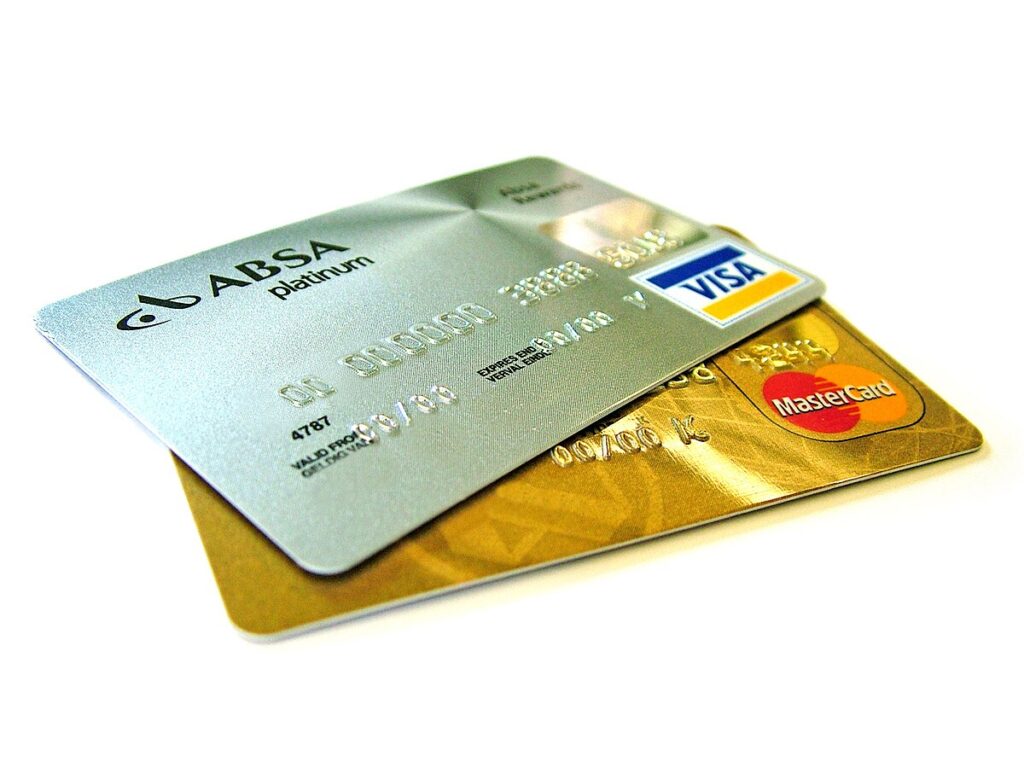In today’s fast-paced financial world, credit cards have become more than just tools for making purchases—they can also serve as a source of instant cash. Known as 신용카드현금화, this process allows cardholders to access funds directly from their credit limit instead of using the card for traditional shopping transactions. While the convenience is undeniable, consumers must remain vigilant about their rights and potential pitfalls associated with this service.
Understanding Credit Card Cashing
Credit card cashing typically involves withdrawing cash from a credit card account, often through an ATM, bank, or specialized service provider. This method can help cover emergencies, pay bills, or fund short-term needs without the requirement of a bank loan. Unlike using a credit card for purchases, cash withdrawals are often subject to higher interest rates and additional fees, commonly known as cash advance fees. These fees can accumulate quickly if the borrowed amount is not repaid promptly, potentially leading to financial strain.
One of the most critical aspects of credit card cashing is understanding the terms and conditions imposed by the issuing bank or financial institution. Interest rates on cash advances usually begin accruing immediately, with no grace period, unlike standard credit card purchases. Furthermore, monthly minimum payments may not cover the full interest charged, resulting in a compounding effect that can escalate debt over time.
Consumer Rights in Credit Card Cashing
When engaging in credit card cashing, consumers have specific rights designed to protect them from unfair practices. For instance, under many financial regulations worldwide, credit card companies are required to clearly disclose fees, interest rates, and repayment terms associated with cash advances. Transparency ensures that cardholders can make informed decisions before withdrawing funds.
Additionally, consumers have the right to dispute any unauthorized cash advances. If a cardholder notices a transaction they did not authorize, they can report it to the issuing bank or credit card company for investigation. Many regulatory bodies also limit the liability of cardholders in cases of fraud, provided the cardholder reports the issue promptly.
Another essential right involves access to clear statements and account information. Regular monitoring of credit card statements helps detect unusual or unexpected cash withdrawals. Financial literacy plays a significant role here: understanding how cash advances impact interest calculations, credit utilization, and overall credit scores can prevent long-term financial harm.
Balancing Convenience with Caution
While credit card cashing offers immediate liquidity, consumers must balance convenience with caution. Relying heavily on cash advances can lead to dependency, especially given the high-interest rates associated with them. Planning finances and maintaining a budget that prioritizes repayment of borrowed funds is crucial for avoiding debt spirals.
Moreover, consumers should explore alternatives before resorting to credit card cashing. Personal loans, peer-to-peer lending, or overdraft protection may provide more favorable terms and lower interest rates. By understanding available options, cardholders can make smarter financial decisions and safeguard their long-term financial health.
Conclusion
카드깡 can be a valuable financial tool when used responsibly, but it comes with inherent risks. Awareness of consumer rights, careful monitoring of accounts, and a clear understanding of fees and interest rates are essential to making informed choices. Ultimately, empowering oneself with knowledge ensures that credit card cashing serves as a practical solution rather than a financial burden. Consumers who exercise vigilance and prudence can enjoy the flexibility of cash advances while protecting their financial well-being.

